The Culture Of Rwanda
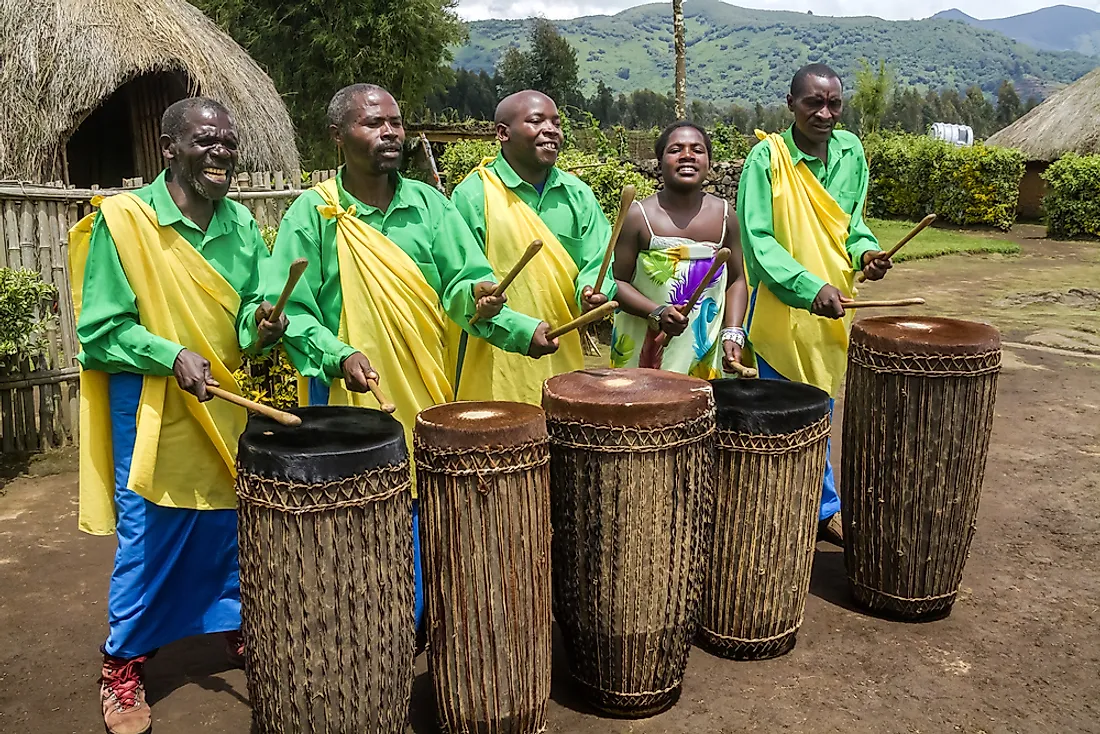
- Rwanda is still grappling with the aftermath of the violence of the Rwandan Genocide over 25 years later, but the country has achieved some stability in its wake.
- Most Rwandese people are Christian, and the most popular denomination is Roman Catholicism.
- Music and dance, both modern and traditional styles, are a staple of Rwandan culture.
- Rwanda is largely rural, with 70% of the population living outside of urban centers.
- Though literature in the country is young, it is blooming, and authors are turning the dark parts of Rwanda's history into inspiration for their art.
Rwanda is an African nation in the central region of the continent that is home to about 13 million people. Scientists believe that human occupation in Rwanda dates back to the end of the last ice age, 10,000 years ago. Evidence indicates the land within Rwanda's borders was fertile even during this frozen period, which could have attracted agriculture populations. The Twa, an African Pygmy hunter-gatherer community, are the first settlers of Rwanda that we have conclusive knowledge about from analyzing archaeological remains in the country.
The Twa lost their dominance in the region after the arrival of a Bantu group referred to as the Hutu, sometime after the 5th century. The migration of Rwanda's other main ethnic group, the Tutsi, is a matter of considerable academic debate, but it likely began in the 14th century and ended in the 16th. A Tutsi kingdom emerged within Rwanda's borders, and it ruled over the significant Rwandan ethnic groups. During the colonial period of the late 19th century, Germany took control of Rwanda, but they lost the territory after their defeat in the First World War. It was a Belgian trustee along with Burundi after this, until 1962, when it became independent.
Tensions brewed between the Hutu and the Tutsi for decades in the 20th century, with thousands of Tutsi fleeing the country in the 1960s and their general elimination from the political sphere. Some Tutsi invaded from Uganda in 1990, flaring up the centuries-old conflict between these two ethnic groups. But in 1994, this conflict reached unprecedented levels, and the Rwandan Genocide claimed the lives of about 800,000 people, mostly Tutsi. Today, Rwanda is still grappling with the aftermath of the violence, but the country has succeeded in achieving some stability in its wake.
Religions Practiced
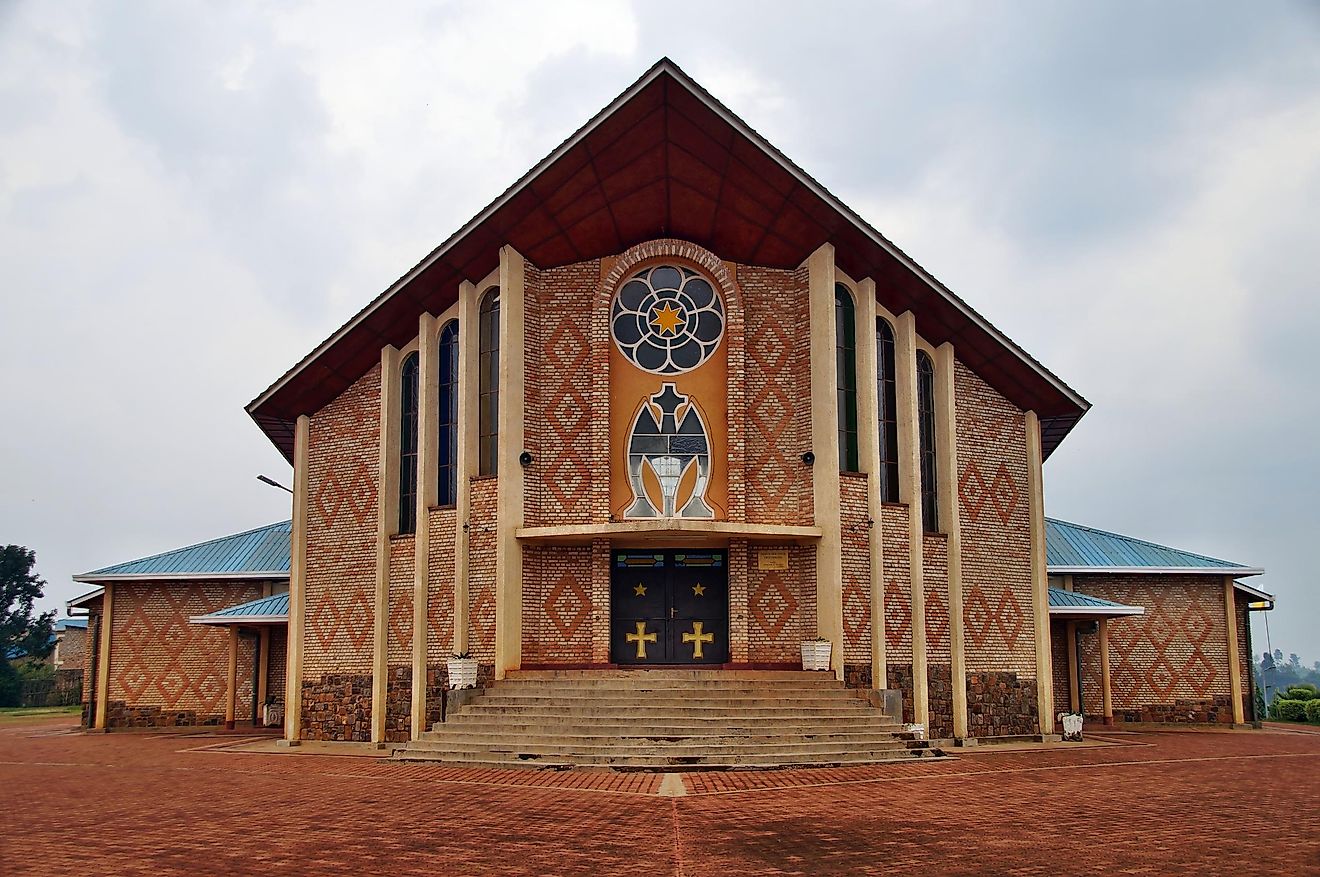
The Rwandan constitution guarantees the rights of the citizens to practice a religion of their choice. A vast majority of Rwandese practice Christianity with Roman Catholicism being the most popular Christian denomination. Other Christian denominations with a significant following include Protestants and Seventh-Day Adventists. The Jehovah's Witnesses is one of the smallest Christian denominations in Rwanda as a 2017 report indicated that it had roughly 29,000 adherents.
Approximately 4.6% of the residents of Rwanda are Muslims, and Sunni Islam is the most dominant form in the country. Hindus and Buddhists in Rwanda form a tiny minority with most adherents being foreigners working in Rwanda. Due to the substantial number of Christians in Rwanda, several organizations with ties to various churches operate in the country. Religion has played an important role in Rwanda’s history, and it was cited by the Organization of African Unity report as one of the factors that contributed to the genocide. The report indicated that the historical practices of Roman Catholic missionaries favouring the Tutsi over the Hutu contributed to the tribal tensions in the country.
Festivals
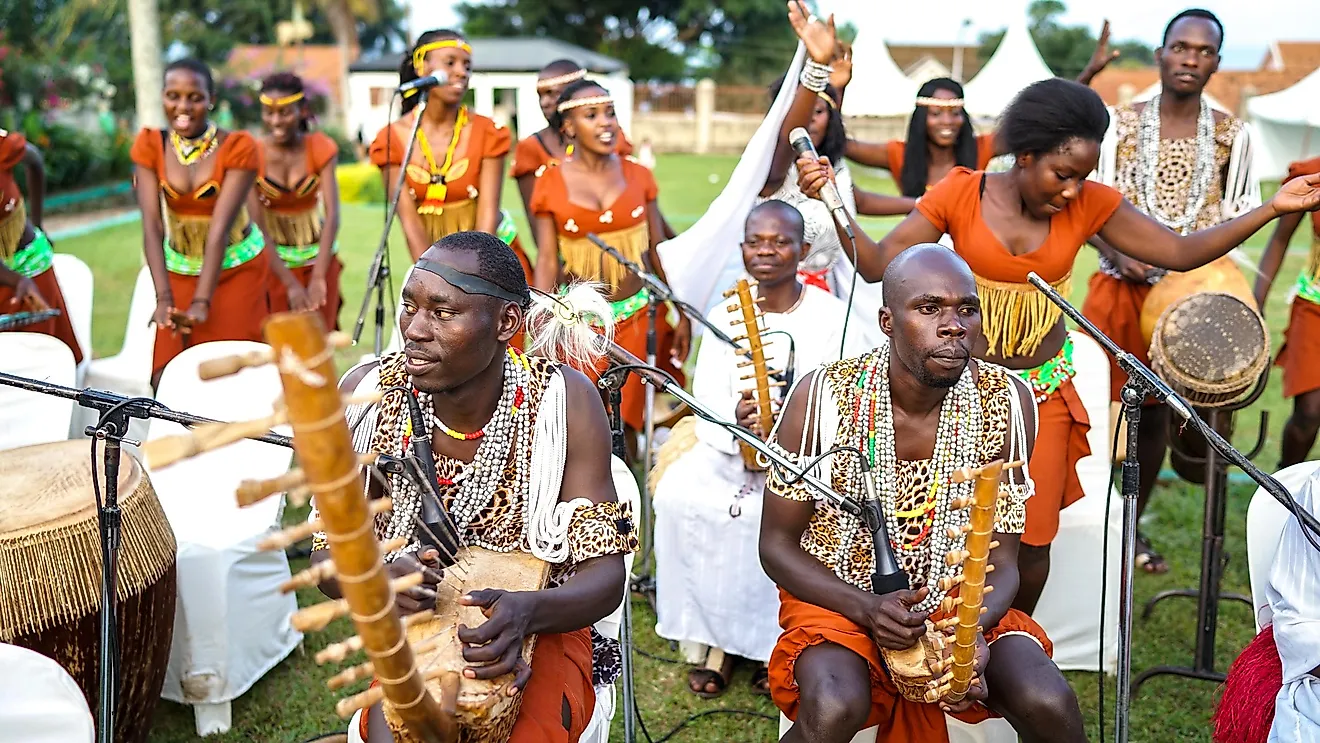
Festivals are an integral part of the Rwandese culture and are usually held to celebrate important occasions in society. One of the most important moments in Rwandese culture is the birth of a child. The culture dictates that a large ceremony is held to celebrate the birth and select a name. One of the most important events in Rwanda is Kwita Izina which is held every year around September. The event is usually marked at the local and national levels and is a celebration of the country's gorillas. Another festival is Umuganda Day, which is as a national day of cleaning on the last Saturday of every month. The day is held from 8:00 am to 11:00 pm and it is a nationwide exercise where all citizens participate in communal work.
Cuisine
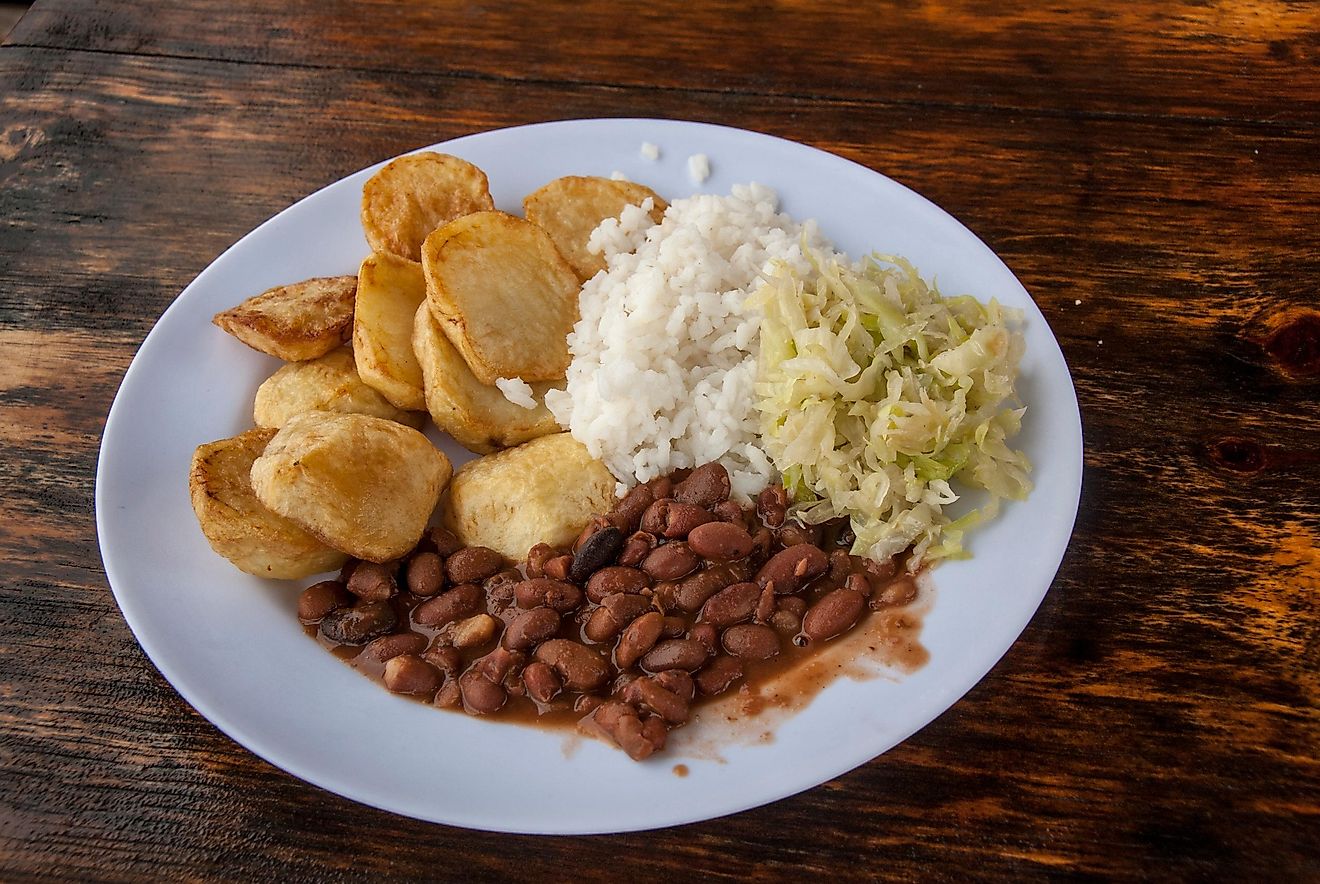
Some of the most commonly used ingredients in Rwandan cuisine are sweet potatoes, bananas, and cassava. One of the most widely dishes in the country is Ugali, made of cornflour, which is also popular in several other East African countries such as Kenya. Another popular meal consumed in Rwanda is Matoke, which is made from plantains. The meal is also found in Uganda.
Apart from traditional meals, international cuisines, mainly Indian and Chinese, are popular particularly in hotels in Kigali. Fast food, especially French fries, are also popular with the younger Rwandese people. Beer is one of the most commonly drunk beverages in Rwanda and Urwagwa, a traditional brew, is common in rural areas. Other widely-consumed beverages in Rwanda include milk, wine, and fruit juices.
Music And Dance
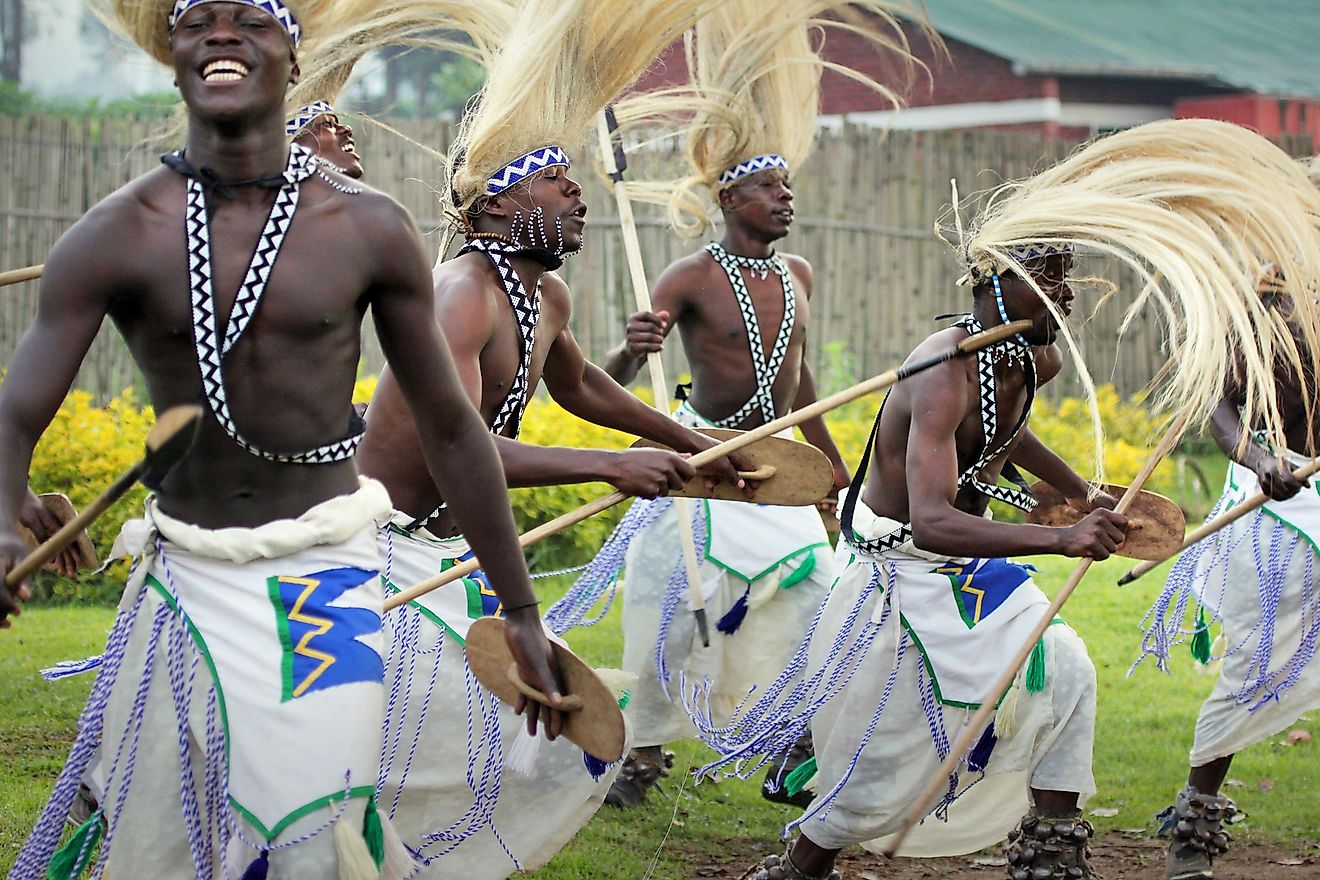
Music, both traditional and modern, is an essential part of Rwandan life. Traditional Rwandese music is popularized by amatorero troupes, found all over the country. Apart from performing the traditional songs, they teach the next generation of Rwandese performers. The Ballet National Urukerereza is one of the most well-known amatorero troupes, and it even represented Rwanda in some international events. Rwandese folk music is used to preserve the myths and legends of the communities through a tradition known as Ikinimba. The songs performed during this tradition usually make use of instruments such as Ingoma and Umuduri.
One of the most popular Rwandese folk musicians is Jean-Paul Samputu who was the recipient of two Kora Awards, music awards for artists from Sub-Saharan Africa. The music scene in Rwanda has attracted several investors that have helped it to flourish. Although the genocide drastically disrupted music production in the country, new stars such as Tom Close and Miss Jojo have gained popularity in the country. Rwandese musicians perform at some festivals such as Kigali Up that has provided a platform to several young artists.
Literature
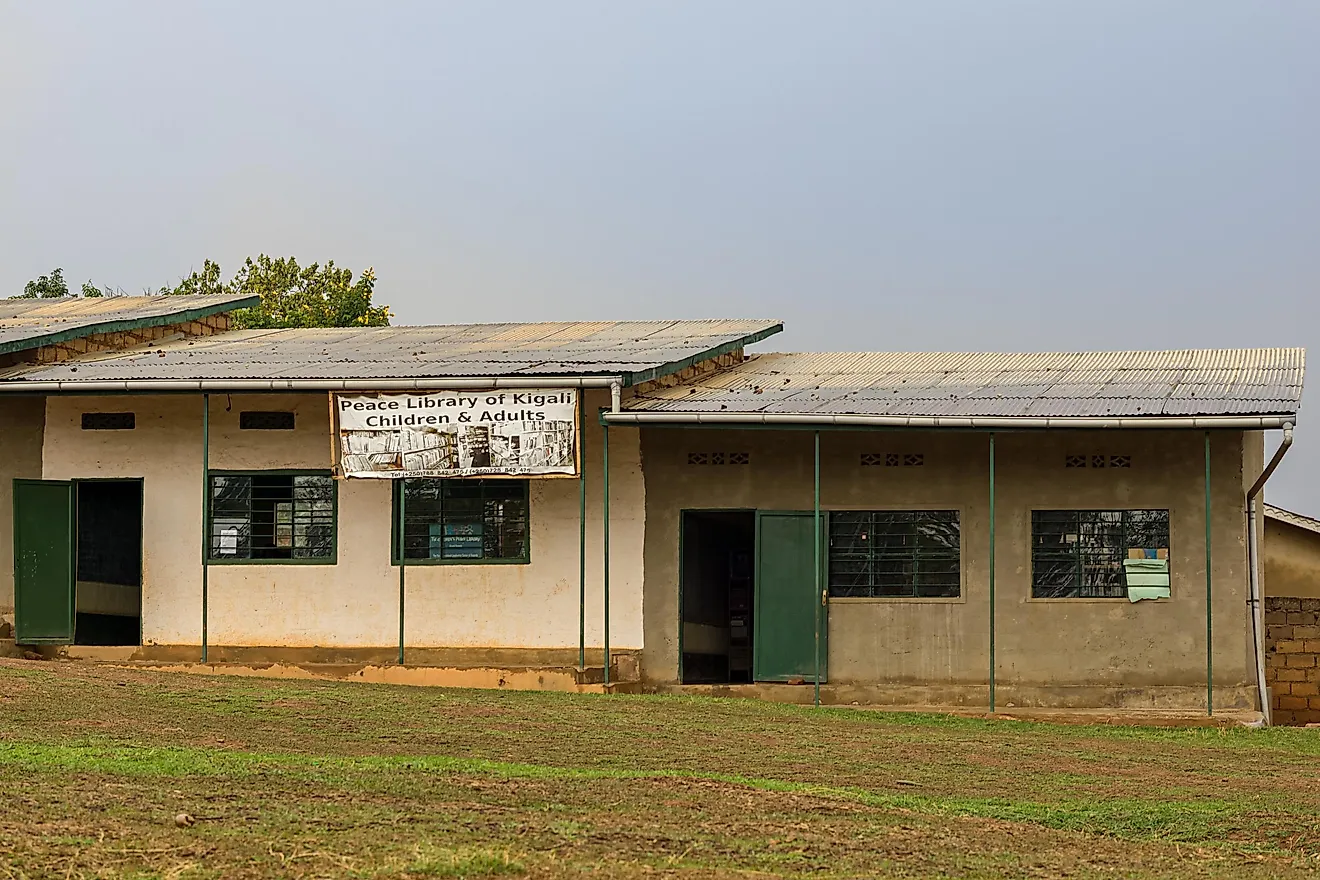
The literature industry in Rwanda is relatively young compared to other countries in the world since the Europeans introduced reading and writing in the country. Despite the relative youth of its written literature, Rwanda has a wealth of oral storytelling. During the pre-colonial period, a form of oral poetry emerged within the kingdom of Rwanda. The poetry was generally used to record the genealogy of the ruling family. One of the most prominent Rwandese authors was Joseph Sebarenzi, who wrote the book God Sleeps in Rwanda: A Journey of Transformation. The Rwandan genocide also inspired Rwandan authors such as Immaculée Ilibagiza who wrote a book on her experiences during the genocide.
Social Beliefs And Etiquettes
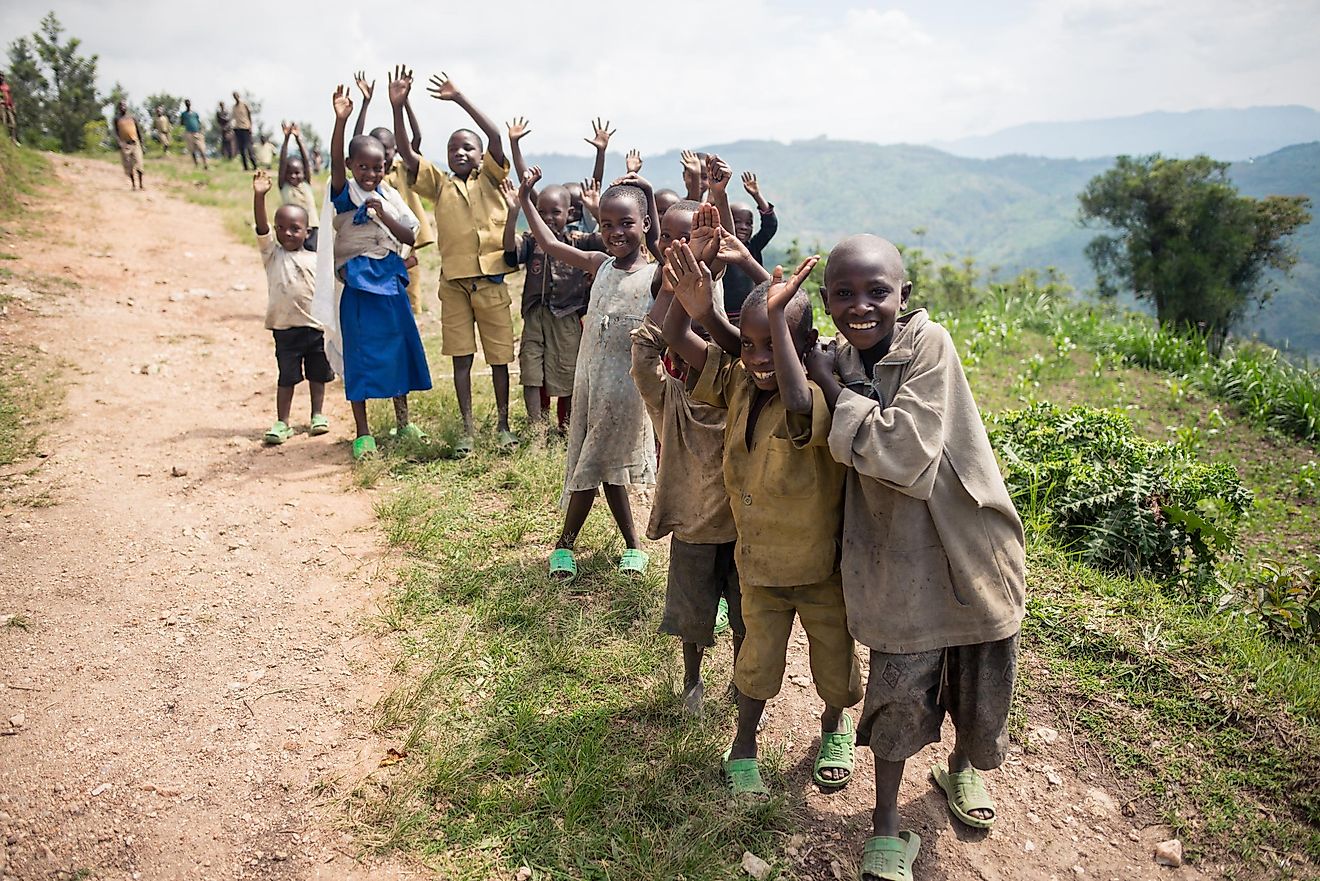
Data from the World Bank indicated that in 2016, 70% of Rwanda's citizens lived in rural areas. The way of life in rural areas is significantly different from urban areas, since they have not had the same influence from western culture that can be found in the cities. In rural areas, heavy emphasis is placed on traditional values. Social etiquette is expected from all the members of society regardless of where they live. Rwandese societies are generally regarded as some of the most polite in the world.











